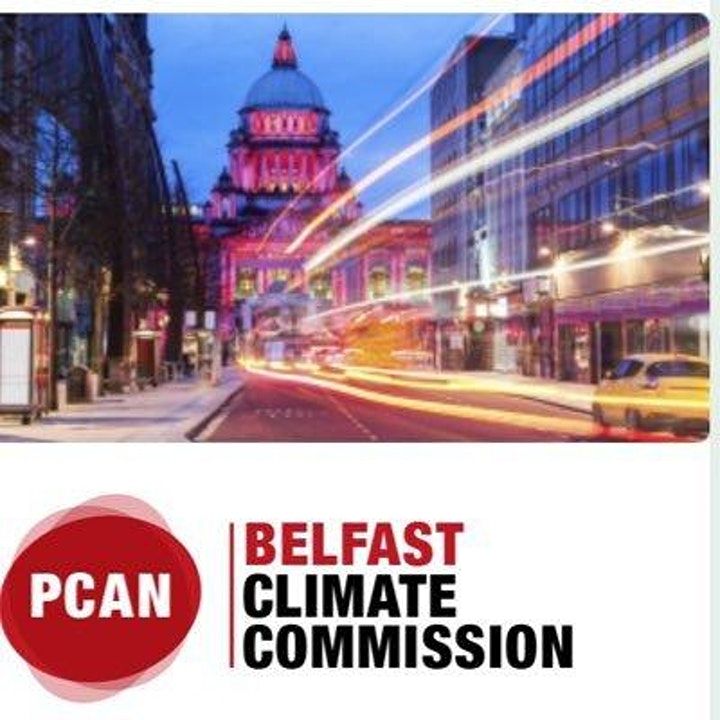
Climate Jobs and a Just Transition: responding to our climate emergency
The final event of our Climate Jobs project for this year at which Jonathan Essex and Peter Sims will be presenting the results of our climate jobs modelling for Northern Ireland. This one day conference is organised by the Green European Foundation with the support of Green Foundation Ireland.
Location: Canada Room/Main Lanyon Building, Queen's University, Belfast BT7 1NN
While the transition to a low carbon economy is now more likely whether that transition is just or not is an open question
As a society we have passed a ‘tipping point’ on addressing the climate and ecological crisis; politicians and decision-makers globally are ‘playing catch up’ with recent mobilisations demanding greater and faster action on our climate crisis. The most recent climate science stresses the scale and urgency of reducing greenhouse emissions. In order to meet the goal of the 2015 Paris Agreement to stay below two degrees warming, global emissions will have to peak less than a year from now and thereafter reduce by more than seven percent annually. If we want to meet the goal of the 2018 Intergovernmental Panel on Climate Change that is the lower and safer 1.5 degree warming target, we require ‘far-reaching and unprecedented changes in all aspects of society’ with reductions of between 30-50 percent in global emissions by 2030 in energy, land use, transportation and agriculture. We desperately need leadership to meet this challenge. If we are serious about creating a green and sustainable economy, we need to transition to a green economy though policies such as a Green New Deal and a Just Transition. The trades unions have a vital part to play in this transition and struggle for a more sustainable, climate resilient and less unequal economy.
Some questions this conference addresses includes:
At this time of growing popular and political acceptance of the scale and urgency of the climate crisis, do we need a ‘wartime mobilisation’?
And does this mean nationalisation of the energy system to deliver a just transition?
How doe we ensure that in moving from fossil fuels to renewables, no community is left behind or that working families bear an unfair burden?
What energy technologies do we need?





